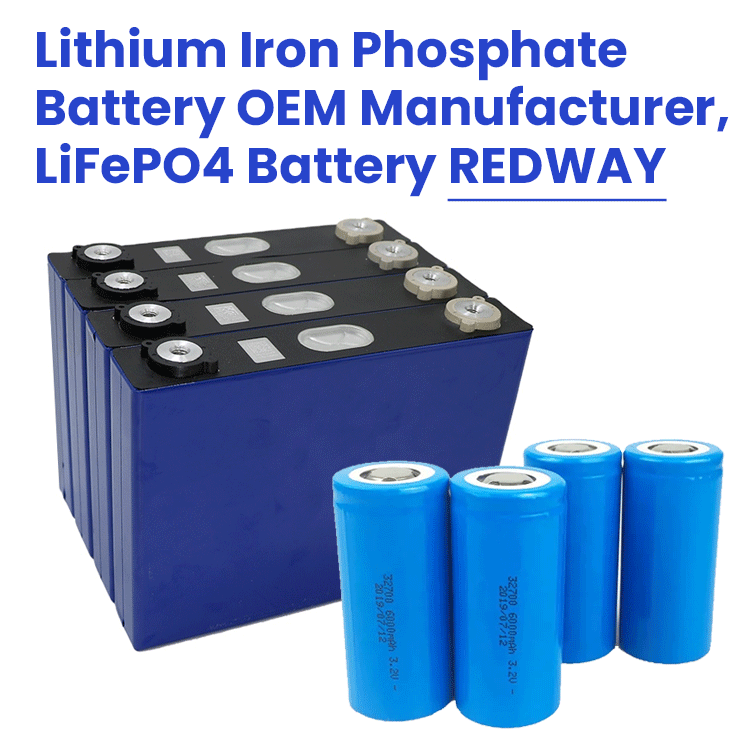First Hydrogen’s hydrogen fuel cell electric vehicle (FCEV) has demonstrated remarkable performance, achieving a range that exceeds that of conventional electric vehicles (EVs) by nearly double. Recent trials revealed that this innovative vehicle can travel over 630 kilometers (about 391 miles) on a single refueling, showcasing its potential as a viable alternative for commercial fleets.
What is First Hydrogen’s FCEV and its key features?
First Hydrogen’s FCEV is designed as a light commercial vehicle powered by hydrogen fuel cells, which convert hydrogen into electricity to drive an electric motor. Key features include:
- Extended Range: Capable of exceeding 630 kilometers on a single tank.
- Quick Refueling: Refueling takes less than five minutes, similar to traditional gasoline vehicles.
- Zero Emissions: The only byproduct is water vapor, making it environmentally friendly.
Chart: Key Features of First Hydrogen’s FCEV
| Feature | Specification |
|---|---|
| Range | Over 630 km (391 miles) |
| Refueling Time | Less than 5 minutes |
| Emissions | Zero emissions (only water vapor produced) |
How does the range of First Hydrogen’s FCEV compare to electric vehicles?
First Hydrogen’s FCEV offers significantly greater range compared to traditional battery electric vehicles (BEVs). While many modern BEVs provide ranges of around 240 kilometers (149 miles), First Hydrogen’s vehicle can easily achieve more than double that distance, making it particularly advantageous for long-haul and commercial applications where downtime for charging can be costly.
Chart: Range Comparison
| Vehicle Type | Average Range (km) | Average Range (miles) |
|---|---|---|
| First Hydrogen FCEV | 630+ | 391 |
| Typical BEVs | ~240 | ~149 |
What were the results of the recent trials conducted with the FCEV?
The recent trials conducted by First Hydrogen in collaboration with fleet management companies like Rivus and SSE yielded positive results:
- Performance: The vehicle successfully completed over 700 miles (1,125 km) under various load conditions and routes, demonstrating robust efficiency.
- Feedback: Drivers reported smooth operation and quick refueling times, highlighting advantages over battery electric vehicles.
- Payload Capacity: The vehicle maintained performance even when loaded to 90% of its maximum weight capacity.
Chart: Trial Results Overview
| Metric | Result |
|---|---|
| Total Distance Covered | 700 miles (1,125 km) |
| Load Capacity Tested | Up to 90% maximum weight |
| Fuel Consumption | Average 1.58 kg H2/100 km |
Why is hydrogen fuel advantageous for commercial vehicles?
Hydrogen fuel offers several advantages for commercial vehicles:
- Extended Range and Quick Refueling: With longer ranges and fast refueling times compared to BEVs, hydrogen-powered vehicles minimize downtime.
- Lower Weight: Hydrogen tanks can be lighter than large battery packs, allowing for higher payload capacities.
- Environmental Benefits: As a zero-emission technology, hydrogen fuel cells contribute to reducing carbon footprints for businesses aiming for sustainability.
Chart: Advantages of Hydrogen Fuel
| Advantage | Description |
|---|---|
| Extended Range | Longer distances before refueling |
| Quick Refueling | Comparable to traditional fuel refilling |
| Lower Weight | Higher payload capacity due to lighter tanks |
| Environmental Impact | Zero emissions during operation |
What are the future prospects for hydrogen fuel cell technology?
The future prospects for hydrogen fuel cell technology are promising as advancements continue in production, distribution, and vehicle integration:
- Growing Infrastructure: Investment in hydrogen refueling stations is increasing, making it easier for fleets to adopt this technology.
- Cost Reduction: As production scales up and technology matures, costs associated with hydrogen production and fuel cells are expected to decrease.
- Wider Adoption: More companies are exploring hydrogen as a viable alternative to battery electric solutions, particularly in sectors requiring high energy density and quick refueling.
Chart: Future Trends in Hydrogen Technology
| Trend | Description |
|---|---|
| Infrastructure Growth | More refueling stations being developed |
| Cost Reduction | Decreasing costs due to technological advances |
| Increased Adoption | More industries considering hydrogen solutions |
Latest News
Recent trials have underscored the potential of First Hydrogen’s FCEVs as a competitive option against traditional electric vehicles. With successful tests showing ranges exceeding 630 kilometers and quick refueling capabilities, interest in hydrogen technology is growing within logistics and transportation sectors. Companies like Rivus are actively exploring these vehicles as part of their fleet strategies.Editor Comment
“The successful trials of First Hydrogen’s FCEVs highlight a significant step forward in sustainable transportation,” says Dr. Alan Carter, an expert in renewable energy technologies. “Hydrogen’s potential to deliver both performance and environmental benefits could redefine logistics operations as we move towards a greener economy.”



